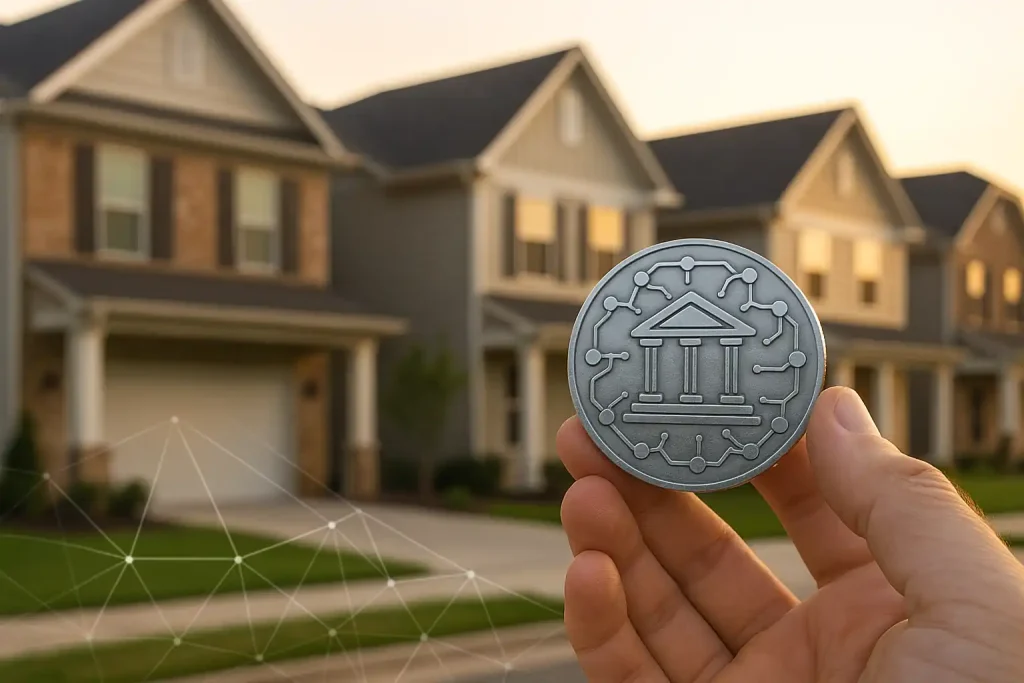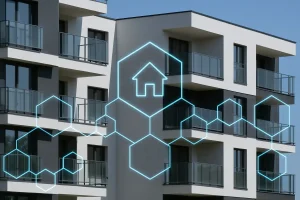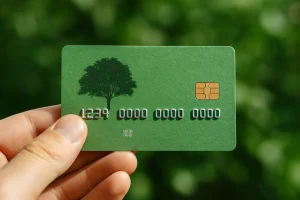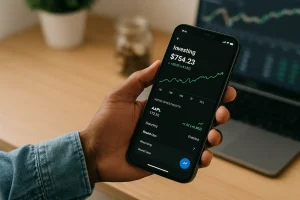Real estate tokenization is revolutionizing property ownership in the US by introducing blockchain technology to the real estate market. This innovative approach transforms traditional property assets into digital tokens, making property investment more accessible and efficient. Investors can now purchase fractions of properties, enabling a broader spectrum of participation in the real estate market.
As interest grows, real estate tokenization is redefining how investors think about property ownership, offering liquidity, transparency, and reduced transaction costs. This transformation is especially beneficial for those unable to afford whole properties but interested in real estate investment. The new system aims to democratize access to property markets, providing an inclusive platform for a wider range of investors.
The benefits of real estate tokenization

Real estate tokenization offers significant advantages over traditional real estate transactions. First, it enhances liquidity by allowing property owners to sell tokens representing fractions of their property, creating opportunities for investors to enter and exit investments more quickly. Additionally, the transparency provided by blockchain technology ensures secure and easily verifiable transactions.
Another critical benefit is the reduction of transaction costs associated with real estate investments. Traditional processes often involve intermediaries like brokers, which can be expensive and time-consuming. Tokenization streamlines these interactions, minimizing fees and administrative burdens. This efficiency opens the door for smaller investors to participate in the real estate market, further democratizing property ownership.
How real estate tokenization works
The process of real estate tokenization begins with the digitization of a property’s value into tokens on a blockchain. These digital assets represent ownership interests and can be traded much like stocks. Smart contracts regulate these transactions, ensuring all conditions are met automatically, which reduces risk and increases security for investors.
Investors can buy and sell these tokens on designated platforms, allowing them to manage their property investments easily. This system not only simplifies investment management but also enhances market flexibility. It’s easier than ever for individuals to diversify their portfolios by investing in fractions of multiple properties, rather than committing to a single, large-scale investment.
Navigating real estate tokenization challenges
Despite its potential, real estate tokenization faces challenges, including regulatory considerations and technological adoption. Navigating US securities regulations can be complex, as the legal framework needs to catch up with technological advancements in blockchain. Developers and investors must ensure compliance to succeed.
Technological infrastructure is another hurdle. While blockchain is pivotal, its integration into real estate processes requires substantial investment and education. Stakeholders need to understand this technology to leverage its benefits fully. By addressing these challenges, the future of tokenized real estate holds promise for more efficient and accessible property investment opportunities.
Practical tips for investors
For those considering real estate tokenization, start by researching the platforms that offer tokenized real estate opportunities. Evaluate their security measures, past performance, and investor reviews. Additionally, understanding blockchain technology can provide significant advantages in navigating this new landscape successfully.
Diversifying your tokenized portfolio is key to mitigating risk, much like traditional investments. Look for opportunities across different property types and locations to maximize growth potential. Stay informed about regulatory updates and technological advancements to ensure your investments remain compliant and protected.
The future of property ownership
Real estate tokenization represents a transformative shift in property ownership, with the potential to make real estate investing more inclusive and efficient. By leveraging blockchain technology, it provides opportunities for a wider audience to participate in the market, promoting financial inclusivity and flexibility.
As this technology advances and regulatory frameworks adapt, real estate tokenization is poised to become a cornerstone of property investment strategies. Investors who embrace these changes are likely to benefit from new opportunities and a potentially more lucrative and transparent market. This evolution marks a significant step toward a digital future in property ownership.






